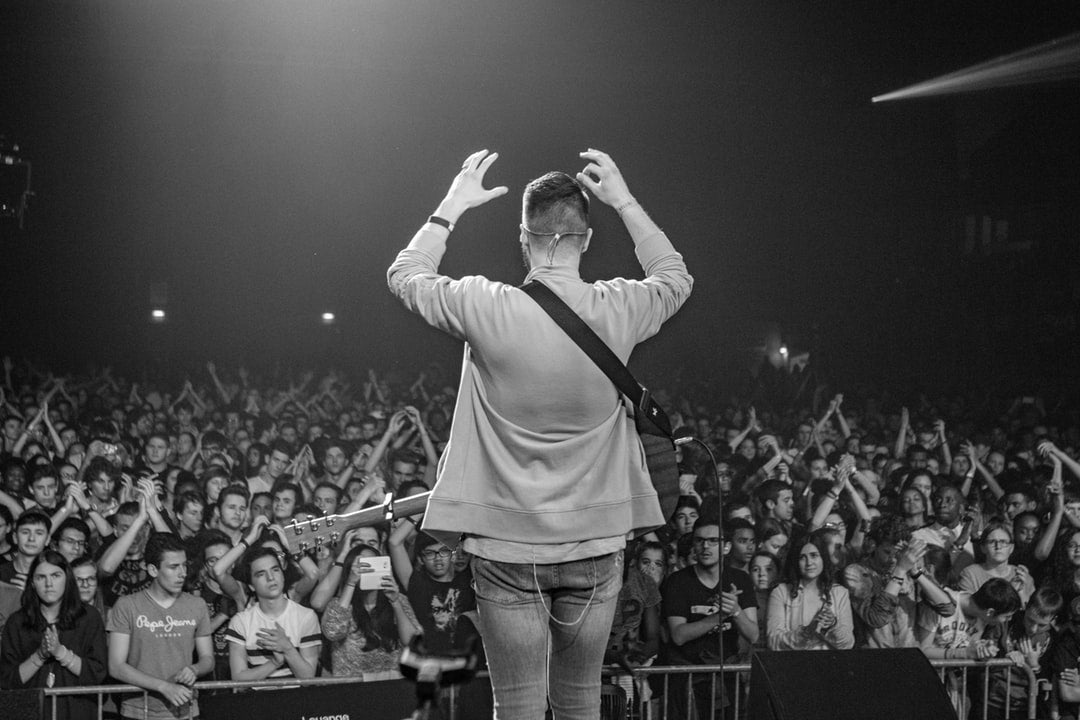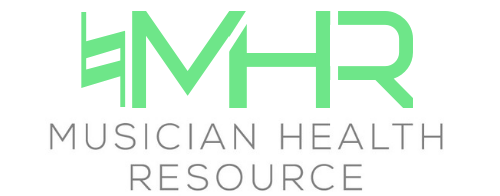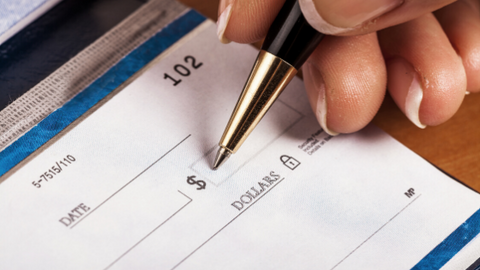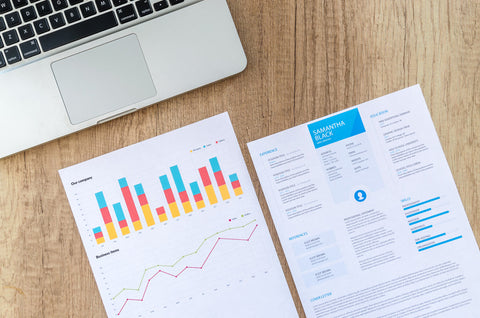
I’ve referenced it in several posts, it’s a buzzword that we hear regarding mental health regularly and it effects musicians on a daily basis.

Dopamine.
What is it?
Our brain is made up of chemical and electrical signals. These signals travel along synapses between neurons and cause us to experience the world through our five senses.
Breaking things down into majority statements you could say that electrical signals are responsible for anything related to movement, factual registration or practical intake and processing of the world.
For instance if we see a forest fire, electrical signals will move through our brain registering that it feels hot, it smells smokey, it looks large and red, it tastes like ash, it sounds like a crackle or a roar. These are all intakes based on electrical currents moving across synaptic connections in the brain that we’ve built up over time to process and recognize a fire.
Chemical signals are what tend to trigger our emotional responses. For instance, if you’re a firefighter, in full gear with a large hose, years of experience and a team of other firefighters with you, your fear level might be less than someone being evacuated who may feel large amounts of fear, chaos, loss, concern and sadness. And the emotional response to a small fire, in a fire place, may trigger emotional responses and memories of warmth, cozy winter nights or summer bonfires at the beach with s’mores. A very different recollection or processing.

Dopamine, in the brain, is a neurotransmitter, or chemical released by neurons to send signals to other neurons. While dopamine is important in motor control and involuntary movements (that’s why I’m writing “majority statements” and not "all encompassing" hard facts...!) it does fall largely into the category of emotional response. Dopamine, more specifically, works in relation to reward-motivated behavior, or placing a value on a reward and it moderates the desire/motivation for that reward.
If I know that after a performance I feel good and successful, that is because dopamine tells me so. As a result of this “reward” feeling at the end of a concert, I will continue to seek out concert-playing experiences so that I can attain more and more of this feeling. Dopamine reception is increasing my desire and motivation for that reward.
Aside from making me feel good or excited about a reward, a system that transports dopamine efficiently will also help me to resist impulsive behavior and addictions, counteract depression and improve feelings of well-being.
Over the next few weeks I’ll be exploring more of the ways in which dopamine affects our lives and productivity as musicians and performers as well as exploring some of the ways in which we alter it through addictive substances and poor lifestyle habits.
Because dopamine is a major player in our physical practice habits as well as our mental health, I’ll be referring to this post often in both my Mental Health Monday posts and Workout Wednesday posts.
We don’t often consider the science or medicine behind our music the way athletes look to sports science and medicine for improved performance. It’s time we integrate this information into our pedagogy and educational awareness if we want to achieve greater success and longer careers. Remember, our bodies should never limit our art, so train like an athlete to play like a musician.
Less pain and more joy!
Karen







